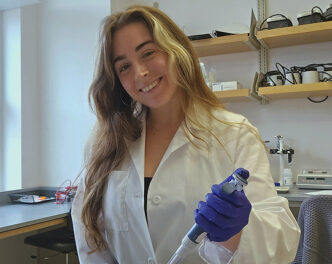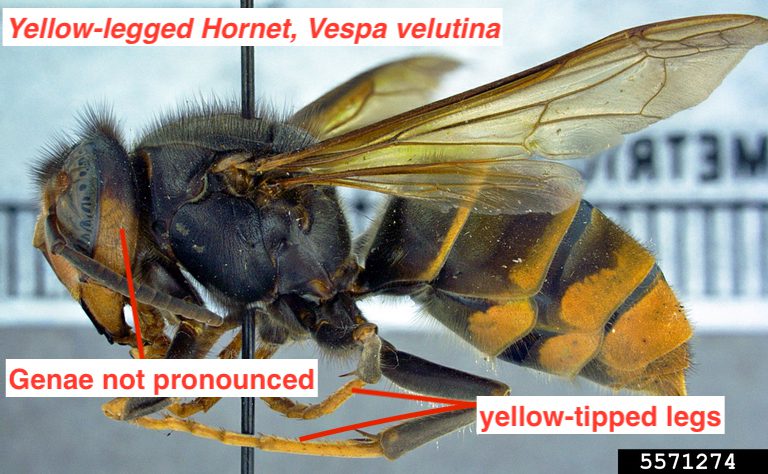CLEMSON — The Clemson University Research Foundation (CURF) has announced seven researchers will receive Technology Maturation Fund grants to support the last critical step in technology development.
The projects supported by this fund include prototype and minimal viable product development, bench-to-scale-up activities to generate material samples for application testing, beta field testing and pre-clinical studies.
 “The Technology Maturation Fund is a unique program that affords researchers the opportunity to further develop their technologies through licensing or industry collaboration,” said Chris Gesswein, CURF’s executive director. “Since the launch of the program in 2014, CURF has awarded over $870,000 in maturation funds to Clemson researchers. The success of the Fund’s Principle Investigators, which has generated follow-on research dollars, and the execution of multiple commercial licenses for the technologies funded through this program are good indicators of the positive impact this program has had on the Clemson University research enterprise.”
“The Technology Maturation Fund is a unique program that affords researchers the opportunity to further develop their technologies through licensing or industry collaboration,” said Chris Gesswein, CURF’s executive director. “Since the launch of the program in 2014, CURF has awarded over $870,000 in maturation funds to Clemson researchers. The success of the Fund’s Principle Investigators, which has generated follow-on research dollars, and the execution of multiple commercial licenses for the technologies funded through this program are good indicators of the positive impact this program has had on the Clemson University research enterprise.”
This year’s awards range from $15,000 to $60,000 and were granted to:
- Kendall Kirk, precision agriculture engineer at the Edisto Research and Education Center to pursue construction of five pre-production hay yield-monitor prototypes to be used in test and evaluation field trials. The monitoring system, which can be retrofitted to existing hay balers currently in the market, will allow hay growers to generate precision yield data for zones within a specific field.
- Alexey Vertegel, associate professor in the department of bioengineering, to further develop a polymeric coating that can cling to metal implants. The technology can significantly reduce the burden of orthopedic implant pin site infections through the utilization of highly adhesive anti-microbial drug-eluting polymeric coatings.
- Liang Dong, professor of electrical and computer engineering, to create efficient all-solid photonic bandgap fiber lasers based on a three-level laser scheme system. The system, which operates at a 976nm wavelength, will improve scale precision processes in industrial micro-machining.
- Igor Luzinov, professor in the materials science and engineering department, to further develop a textile dyeing and finishing technology, created in conjunction with the University of Georgia, for exceptionally efficient and sustainable textile dyeing machinery using nanocellulosic fibers. The refined technology will decrease the amount of water, salt and alkali used in cotton/blended fabric dyeing processes to mitigate the environmental impact of these byproducts.
- Jiro Nagatomi, professor in the bioengineering department, to work to develop a novel mesh-adhesive system for abdominal hernia repair by combining a bifunctional polyamine hydrogel adhesive with a surface modification technology. This method does not have the drawbacks of traditional processes used to repair abdominal hernias and will be valuable in delivering a patient-specific solution for hernia repair.
- Dan Simionescu, professor in the bioengineering department, to continue development of vascular grafts that are resistant to diabetes. Numerous surgeons use small diameter synthetic grafts during bypass surgery to salvage failing limbs or hearts in diabetic patients; however, many of these grafts fail dramatically in diabetic patients. This targeted approach solves the unmet need for “off-the-shelf” graft solutions that are resistant to complications associated with diabetes.
- Christopher Post, professor in the forestry and environmental conservation department, to further develop a commercial color sensor smart-phone application that can be used for soil evaluation. Assessment of soil color has traditionally been accomplished by matching soil color with color chips. This innovative color sensor will greatly improve the soil classification process.
Clemson University Research Foundation
The Clemson University Research Foundation manages technology transfer for Clemson’s thriving innovation environment. Established in 1981, CURF is a 501(c)(3) corporation founded exclusively for charitable, educational and scientific purposes. CURF operates for the benefit of, to perform the functions of and to carry out the purposes of Clemson University. CURF is governed by a board of directors who are leaders in the public and private sectors.
CURF will be accepting applications for the fiscal year 2020 Technology Maturation Fund this spring, the RFP release and proposal deadlines to be announced. For more information, visit curf.clemson.edu or contact the CURF office at curf@clemson.edu.






